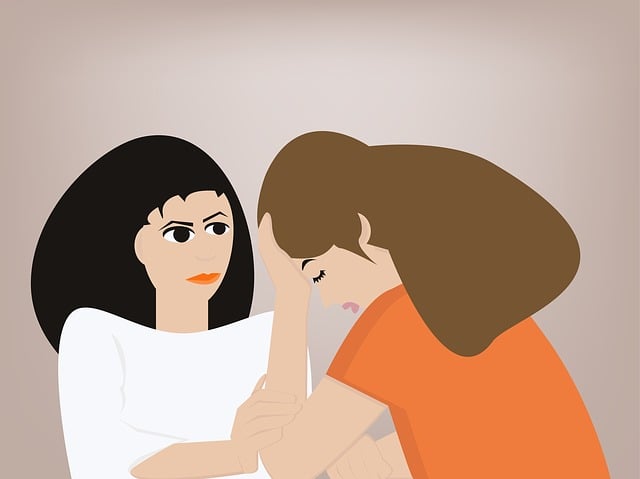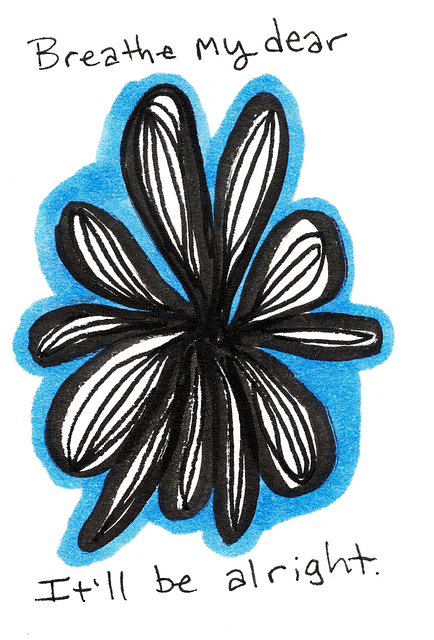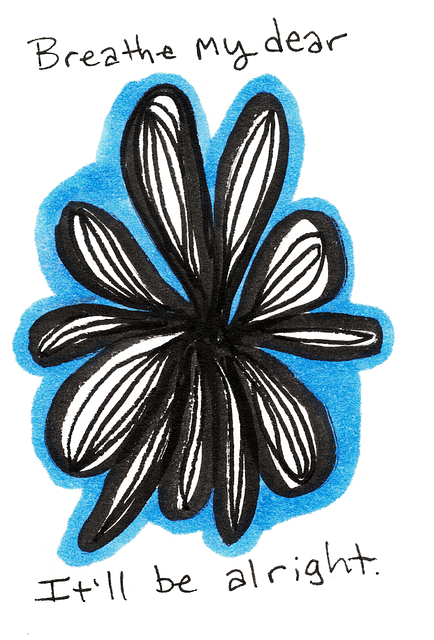Lone Tree Dialectical Behavioral Therapy (DBT) provides an evidence-based crisis intervention approach combining cognitive-behavioral techniques with mindfulness principles. This strategy empowers individuals with emotion regulation, distress tolerance, and improved interpersonal communication, while also benefiting healthcare providers by preventing burnout. For isolated individuals in remote areas, Lone Tree DBT offers tailored crisis intervention strategies focusing on skills training, mindfulness meditation, self-care practices, affirmations, physical activity, and creative outlets to enhance resilience and emotional balance.
In times of crisis, effective intervention strategies are paramount. This article explores comprehensive guidance on crisis intervention, focusing on a foundational understanding and evidence-based approaches. We delve into the significance of Dialectical Behavioral Therapy (DBT) in managing crises, particularly its application in lone tree-based interventions. By combining theoretical knowledge with practical strategies, this guide equips readers with essential tools to provide timely and effective support during challenging situations.
- Understanding Crisis Intervention: A Foundation for Effective Support
- The Role of Dialectical Behavioral Therapy (DBT) in Crisis Management
- Practical Strategies for Lone Tree-Based Interventions
Understanding Crisis Intervention: A Foundation for Effective Support

Understanding Crisis intervention is a crucial foundation for providing effective support during challenging situations. It involves a strategic approach to help individuals navigate and overcome sudden and intense emotional distress or traumatic events. By recognizing the signs and symptoms of a crisis, professionals can offer timely assistance, ensuring safety and promoting positive outcomes.
Lone Tree Dialectical Behavioral Therapy (DBT) is one such evidence-based practice that has proven invaluable in crisis intervention. It combines cognitive-behavioral techniques with mindfulness principles to help individuals regulate emotions, improve interpersonal skills, and foster a sense of balance. Incorporating Mind Over Matter principles and encouraging positive thinking can also empower individuals to navigate crises, enhance resilience, and prevent burnout, especially among healthcare providers who are often on the frontlines of crisis management.
The Role of Dialectical Behavioral Therapy (DBT) in Crisis Management

In crisis intervention, especially with individuals experiencing severe emotional distress, Dialectical Behavioral Therapy (DBT) emerges as a powerful tool. DBT, pioneered by Dr. Marsha Linehan, is a form of therapy that combines cognitive-behavioral techniques with concepts derived from mindfulness practices. This unique approach is particularly effective in managing intense emotions and promoting positive coping strategies. By teaching individuals skills in emotion regulation, distress tolerance, interpersonal effectiveness, and mindfulness, DBT empowers them to navigate crises more effectively.
Lone Tree Dialectical Behavioral Therapy focuses on helping clients build a robust self-care routine for better mental health. This includes fostering empathy building strategies, crucial for understanding and connecting with individuals from diverse cultural backgrounds. Cultural sensitivity in mental healthcare practice is integral to DBT, ensuring that interventions are tailored to meet the unique needs of each individual while respecting their cultural heritage.
Practical Strategies for Lone Tree-Based Interventions

In situations where direct access to a support network is limited, Lone Tree-based crisis intervention strategies prove invaluable. These techniques are particularly relevant for individuals who may be isolated or struggling in remote areas. One effective approach draws from Dialectical Behavioral Therapy (DBT), focusing on skills training and emotional regulation. By teaching mindfulness meditation and self-care practices, DBT empowers individuals to navigate distressing emotions independently. This strategy not only fosters resilience but also encourages the development of healthier coping mechanisms.
Additionally, integrating confidence-boosting techniques can significantly enhance an individual’s ability to handle crises. Simple affirmations and positive self-talk exercises can help shift perspectives and break negative thought patterns. Encouraging individuals to engage in regular physical activity or creative outlets can further alleviate stress and promote emotional balance. These Lone Tree interventions aim to equip people with tools to manage challenges effectively, even when immediate external support is not readily available.
In conclusion, effective crisis intervention requires a multifaceted approach. By understanding the core principles of crisis support and leveraging evidence-based methods like Dialectical Behavioral Therapy (DBT), professionals can provide impactful assistance to individuals in distress. The practical strategies outlined for lone tree-based interventions offer valuable tools to navigate challenging situations, ensuring a more responsive and compassionate response to those seeking help.














